Effecting Local, Regional, and Statewide Issues
CalTrout has been at the forefront of advocacy for environmental change since its inception. From the very beginning, we have been advocates for wild fish conservation, promoting catch and release fishing, and leading initiatives for laws and programs that safeguard California's native fish species and ensure clean water. In our founding year, 1971, CalTrout played a pivotal role in forming the Committee of Two Million to protect the state’s rivers, successfully lobbied for the enactment of the California Wild and Scenic Rivers Act, and helped halt the construction of the Dos Rios Dam on the Eel River.
Today, CalTrout’s focus in on water and climate policy. We continue to influence conservation policies, legislation, and restoration funding in California, to improve the outcomes of fish, water, and people statewide. Conservation is not possible without policy changes, and CalTrout is committed to bringing a holistic approach to achieving our mission.
Our Sacramento legislative office enables us to foster direct connections with legislators and promote CalTrout's goals and initiatives at the Capitol. Our legal efforts are strengthened by a strong internal legal team, a network of external and pro-bono lawyers, alongside contract lobbyists when necessary, to support our policy and legal objectives across all CalTrout regions.
CalTrout's approach combines policy and advocacy expertise, hands-on conservation experience, community engagement, scientific research, and media outreach to propel policies and programs crucial to our mission. This multifaceted strategy aids in the development of legislative proposals and the support or opposition of legislation, which influence state and federal budget decisions, participation in stakeholder groups, and collaboration with government officials.
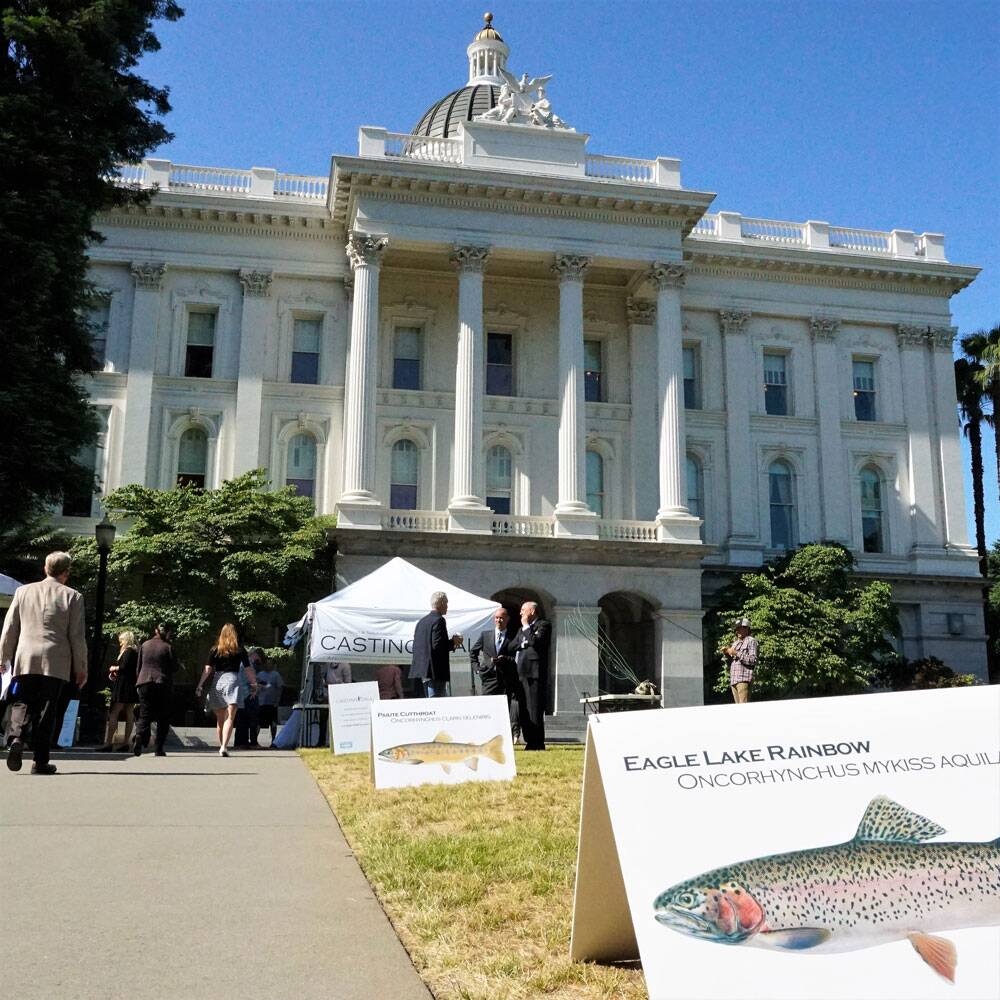
CalTrout’s 2024 Legislative Bill Package
This year, CalTrout is thrilled to sponsor three bills that will have statewide impacts:
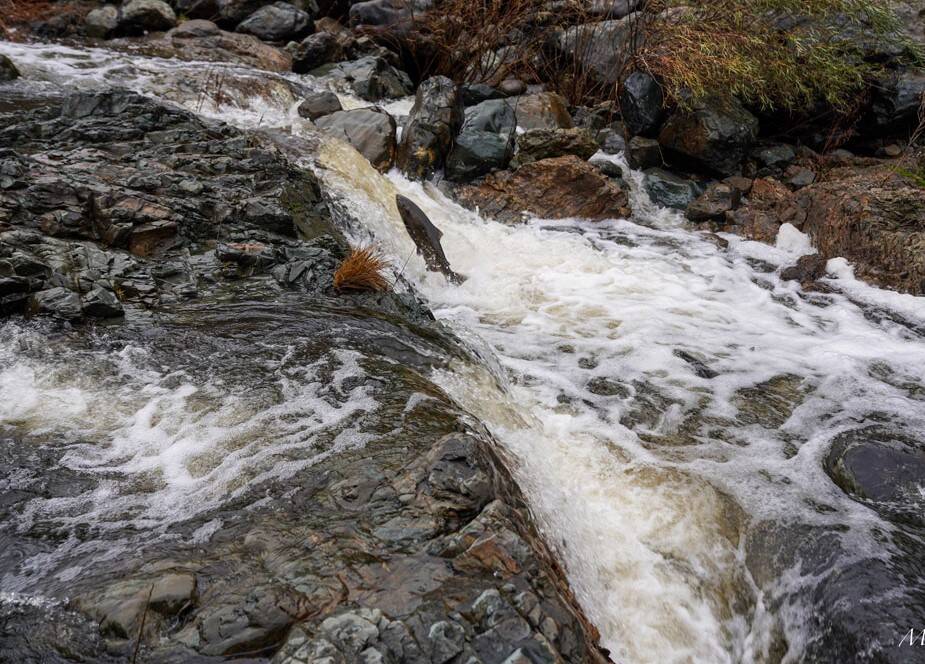
Clarifying existing law that requires Caltrans to remove fish passage barriers: AB 2558.
Authored by Assembly Member Hart. Co-sponsored with Coastal Ranches Conservancy.
In 2006, CalTrout sponsored SB 857. This bill required Caltrans to complete an assessment and remediate any potential barriers to anadromous fish, such as salmon and trout, before starting a transportation project. Caltrans also is required to provide an annual report to the Legislature on the progress of identifying, assessing, and addressing obstacles that impact the flow of water for salmon and trout. The reporting requirements have a sunset date of 2025. Existing requirements focus on assessing impacts on salmon and trout habitats only when there is a stream crossing directly impeding fish passage. Many projects, however, are located near sensitive wildlife habitats and disrupt migratory and rearing habitat, even without a stream crossing present. Caltrans projects may not directly impede fish habitats, but can still adversely affect the populations of salmon and trout that are adjacent to, upstream, or downstream from construction projects. This current bill, AB 2558, requires Caltrans to remove and remediate any man-made barrier to fish habitats, including culverts, grade control structures, and other highway-associated infrastructure. The bill will also require an annual report to the legislature with the status of fish barrier removal and justification for any delays in the remediation of barriers.
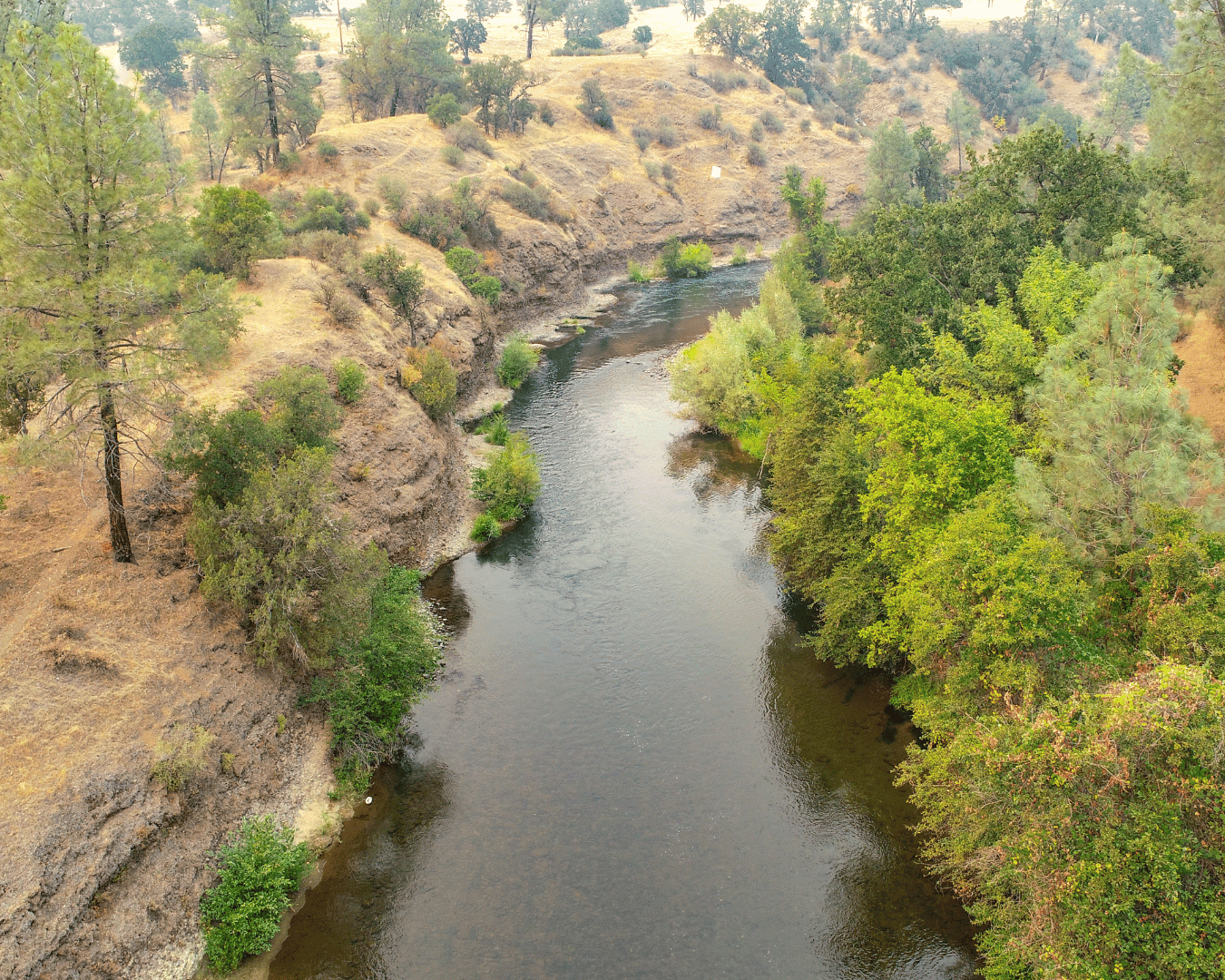
Increasing Penalties for Illegal Water Rights Actions: AB 460.
Authored by Assembly Member Rebecca Bauer-Kahan. Sponsored by California Trout, Trout Unlimited, and the Planning and Conservation League.
This bill will empower the State Water Resources Control Board to act swiftly to prevent harm to the environment, public health, and water resources caused by illegal or wasteful uses of water. It grants the Board the authority to pursue immediate legal action to halt harmful water use practices that violate the Constitution, water quality objectives, water right permits and licenses, and fish and wildlife. CalTrout’s primary focus of this bill is to prevent illegal water diversions during curtailment actions. Illegal water diversions are an existential threat to our state's already limited water resources. The State Water Board needs the power to enact effective deterrents to illegal water diversions in order to secure communities' water supplies throughout the state.
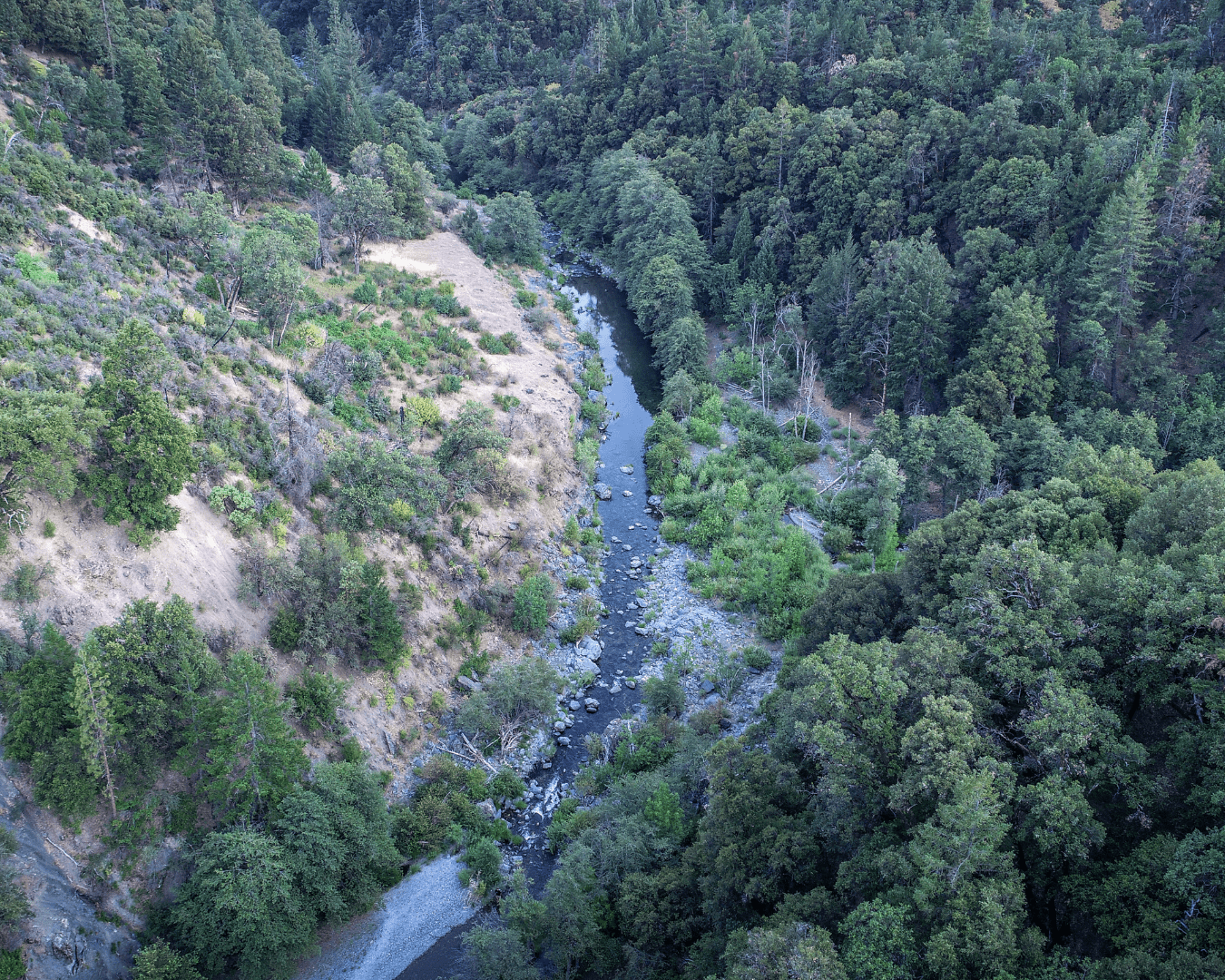
Coastal Watershed Climate Resilience: AB 1272
Authored by Assembly Member Jim Wood (D-Healdsburg). Sponsored by California Salmon and Steelhead Coalition.
This bill would lay the groundwork for creating a more climate-resilient future for native fish and for water supplies in coastal California. It would direct the State Water Resources Control Board and California Department of Fish and Wildlife to work together in developing principles and guidelines for the diversion and use of water in coastal watersheds during times of water shortage which will enhance drought preparedness and climate resiliency. Developing dry-year water management plans at the watershed level will enable water users and stakeholders to create drought response measures that are tailored to local conditions. It would also inform future investments in watershed health and water supply reliability.
CalTrout's Advocacy Priorities
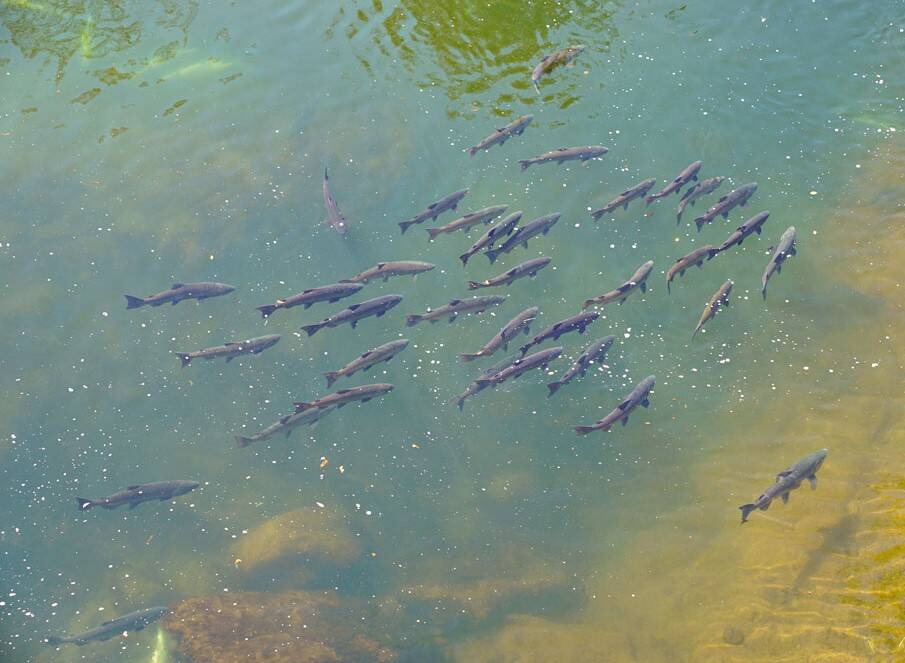
Advocating for Freshwater, Fish-Friendly Priorities in the State Budget
Governor Newsom released his 2023-2024 proposed budget which accounts for a total of $297 billion in state spending. While claw-backs were prevalent across natural resources funding, CalTrout’s Policy team notes that the state’s natural resources budget is still much higher than it was five years ago. With the budget set, CalTrout's role is to continue conversations with relevant agencies to make sure our priorities – for freshwater, for fish, and for people – are heard. We work by lobbying specific budget changes we want to see from the Governor’s office and continuing to engage in dialogue to ensure our priorities are taken into account.
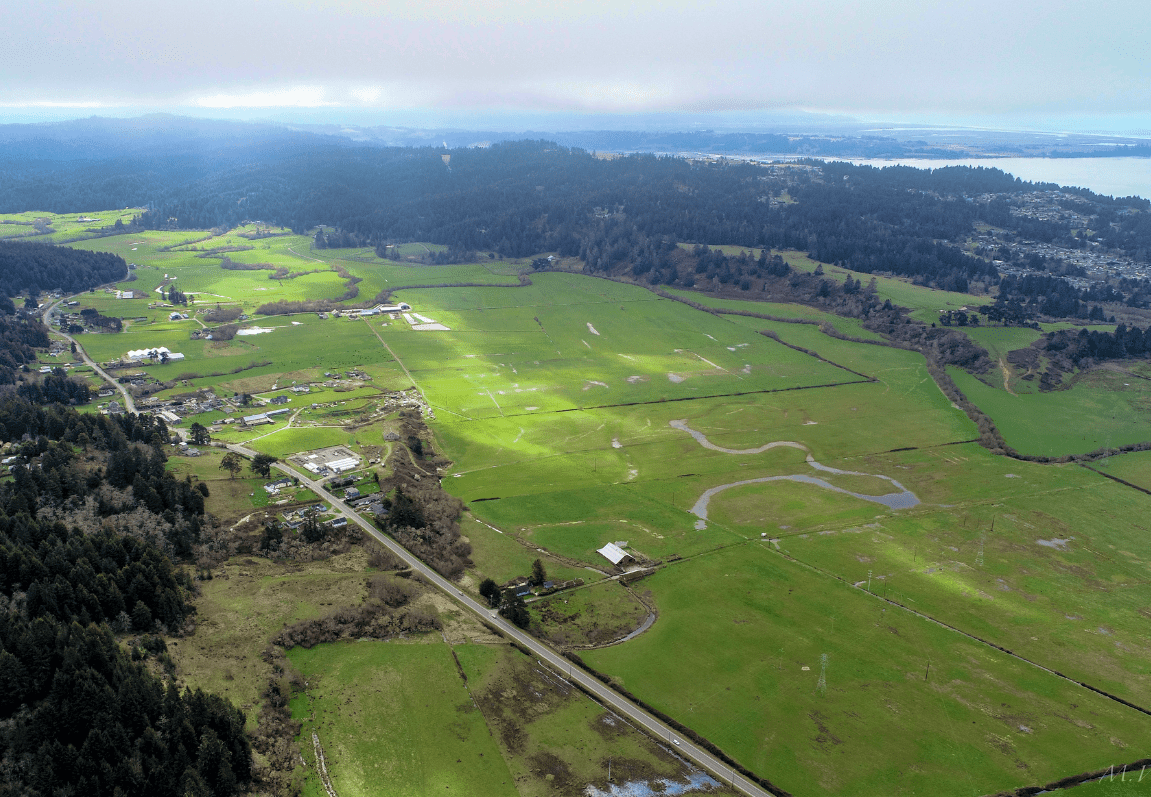
Commitment to 30x30
CalTrout’s efforts to support the State’s 30x30 initiative is imbued across all our legislative and policy work. Associate Director of Policy, Analise Rivero, serves on the 30x30 Partnership Coordinating Committee, providing a continued presence by CalTrout in specific 30x30 discussions with the California Natural Resources Agency.
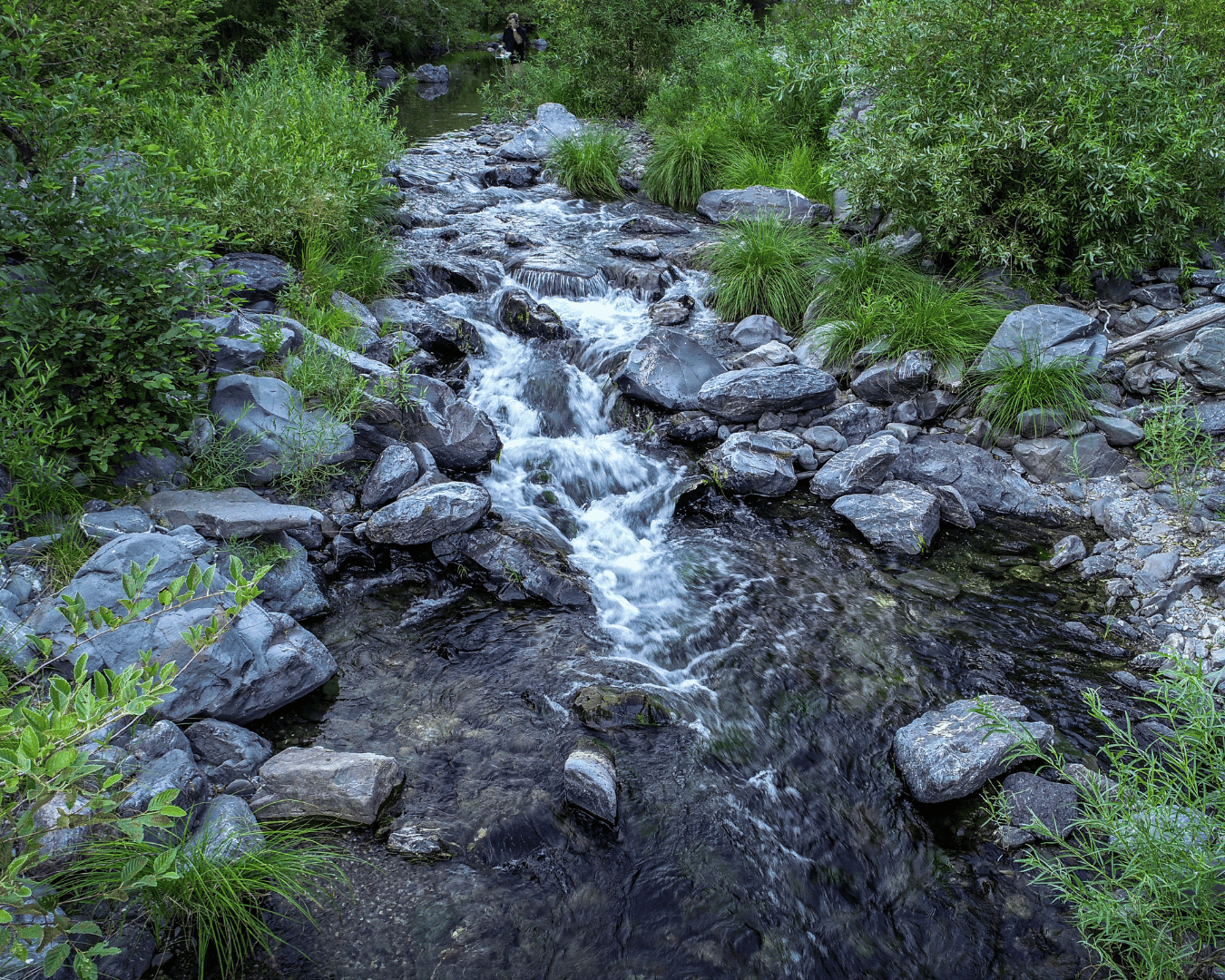
Outstanding National Water Designation
CalTrout is implementing a new strategy for protecting our waterways, in perpetuity. The Federal Clean Water Act delegates the authority to designate waterways as “Outstanding National Resource Waters” to state agencies and CalTrout is leading a push to expand the designated areas within California. These protections provide for protections against any further degradation, forever. Over the next three years, CalTrout will work with the North Coast Regional Water Board to designate Cedar and Elder Creek, tributaries to the South Fork of the Eel River, for permanent protections. We aim to build the designation criteria for these two stream segments as models for future use, throughout California.
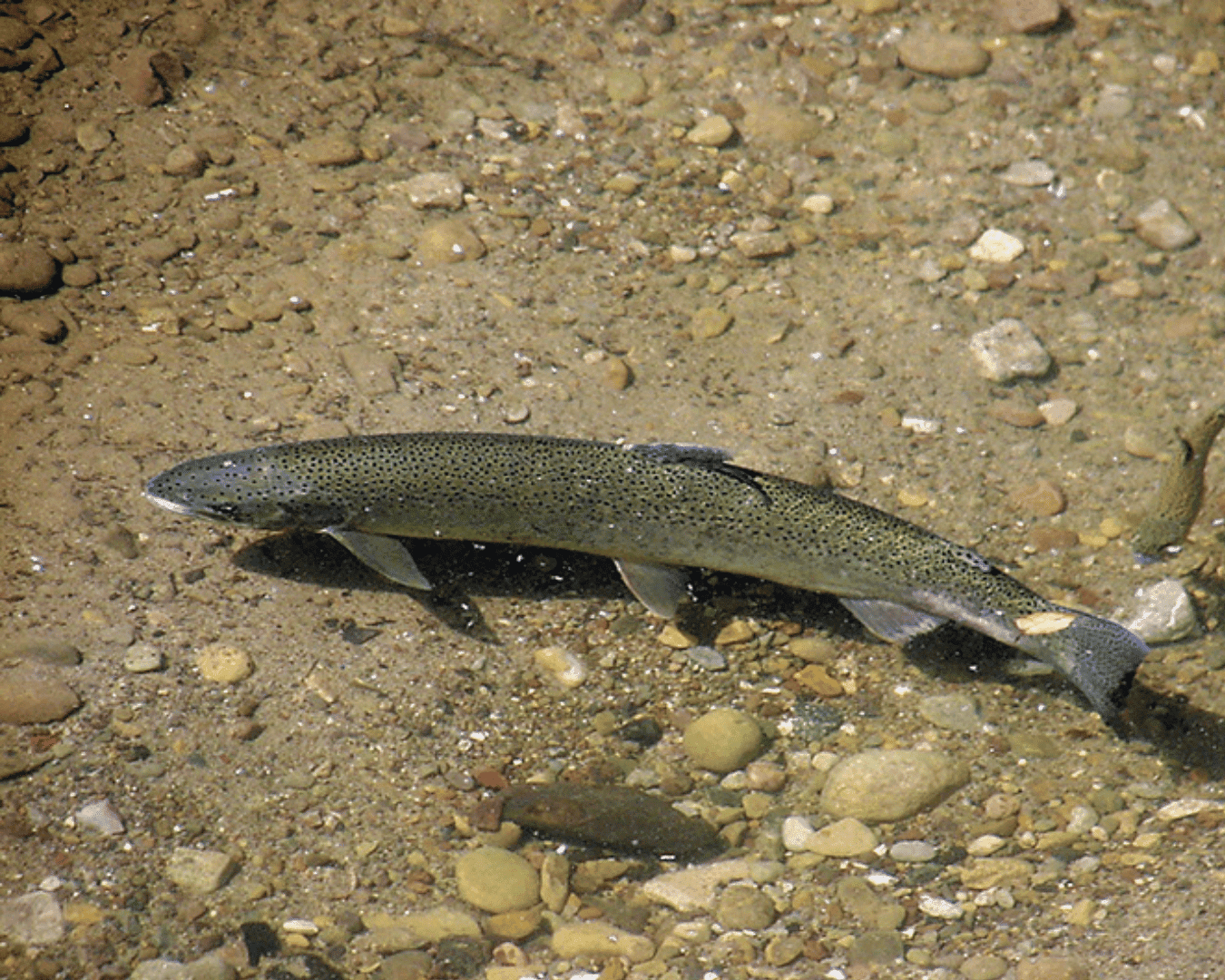
Southern Steelhead Listing
CalTrout, through the incredible work by our SoCal and Legal Teams, petitioned the Fish and Game Commission to list Southern Steelhead as endangered under the California Endangered Species Act. This is a major step forward in the protection and recovery of this important specie, and our team remains committed to further protections for our endangered species throughout the State.
Supporting Legal Precedent to Protect Native Fish in the Kern River and Beyond
In September 2024, CalTrout submitted an amicus brief otherwise known as a ‘friend of the court’ brief, on active litigation involving the Kern River. This case centers around an important California regulation in CalTrout’s advocacy history: Fish and Game Code 5937. In 1915, the California legislature passed the Flow Act, which, in part, requires dam owners and operators to “keep fish in good condition” below these barriers. We filed this amicus brief to support protections for California’s native fish, to preserve legal precedent that if reversed would imperil fisheries throughout the state, and because we support the restoration of a free-flowing Kern for the community of Bakersfield.



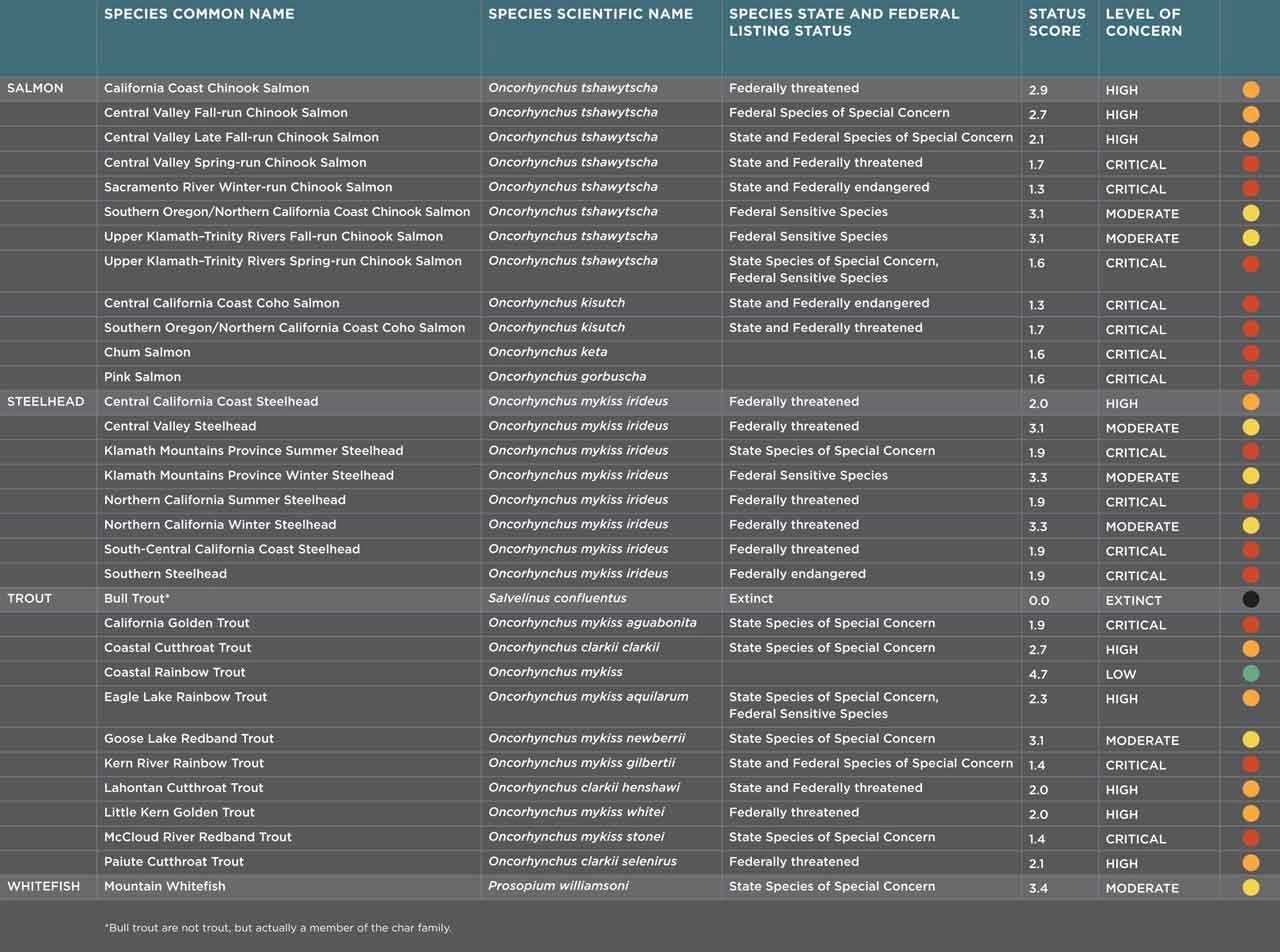









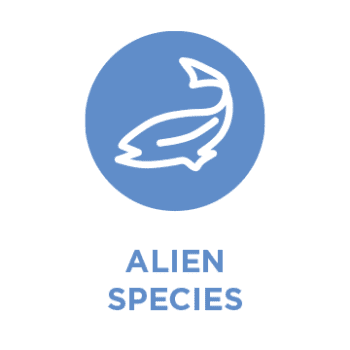


 Dams block access to historical spawning and rearing habitats. Downstream, dams alter the timing, frequency, duration, magnitude, and rate of change of flows decreasing habitat quality and survival.
Dams block access to historical spawning and rearing habitats. Downstream, dams alter the timing, frequency, duration, magnitude, and rate of change of flows decreasing habitat quality and survival.